Purpose of the Blog
” The purpose of this blog is to provide customers with a balanced overview of air fryers, detailing both their advantages and disadvantages. By highlighting key features, potential drawbacks, and various cooking capabilities, the blog aims to assist readers in making an informed decision about whether an air fryer is the right addition to their kitchen. Ultimately, the goal is to simplify the purchasing process, ensuring that customers feel confident in their choice based on their individual cooking needs and preferences.”
Air fryers have surged in popularity over the past few years, captivating home cooks with their promise of healthier, quicker meals. But like any kitchen gadget, they come with their own set of advantages and disadvantages. Let’s dive into the pros and cons of using an air fryer to help you decide if it’s the right addition to your culinary toolkit.
Pros of Using an Air Fryer
1. Healthier Cooking
One of the biggest draws of an air fryer is its ability to create crispy, delicious meals with significantly less oil. This means lower fat and calorie content, allowing you to indulge in your favorite fried foods without the guilt. Air fryers offer a way to enjoy crispy, flavorful foods with significantly less oil than traditional frying methods. By using hot air circulation, air fryers mimic the texture of deep-fried dishes while reducing fat content, making meals healthier. Whether you’re preparing vegetables, proteins, or snacks, air fryers provide a convenient and efficient option for health-conscious cooking. They also preserve nutrients and reduce harmful compounds typically associated with deep frying, making them a great tool for healthier eating without sacrificing taste.
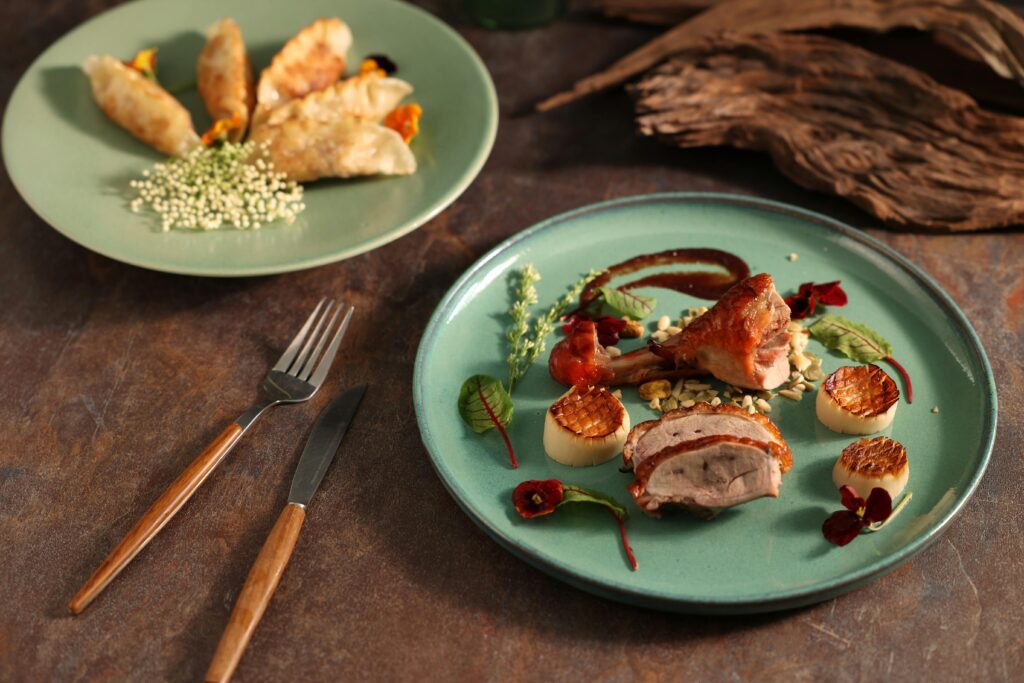
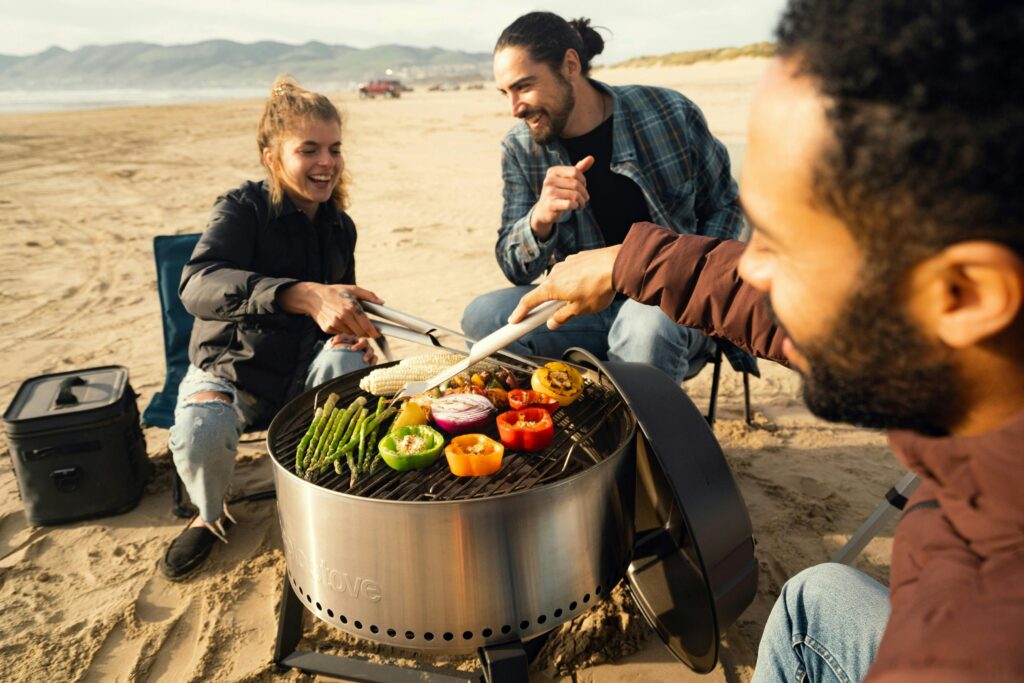
2. Quick Cooking
Air fryers preheat quickly and can cook meals faster than traditional ovens. Whether you’re whipping up a quick weeknight dinner or a snack, you’ll appreciate the time saved in the kitchen. Air fryers are perfect for quick cooking, offering a faster way to prepare meals without the need for preheating or large amounts of oil. Whether it’s vegetables, chicken, or even frozen foods, an air fryer cooks them quickly by circulating hot air evenly. You can achieve crispy, golden results in a matter of minutes, cutting down on cooking time while maintaining great flavor and texture. With minimal cleanup required, air fryers are a convenient option for anyone looking to prepare healthy, delicious meals quickly.
3. Versatile Use
These appliances are not just for frying! An air fryer can also bake, grill, and roast a variety of foods—from vegetables and meats to even desserts. It’s a multi-functional gadget that can expand your cooking repertoire. Air fryers are incredibly versatile kitchen appliances, offering more than just frying capabilities. They can bake, roast, grill, and even reheat leftovers, making them a multifunctional tool for various recipes. From crispy fries and chicken wings to roasted vegetables, pastries, and even desserts, air fryers handle a wide range of dishes. Their ability to cook different types of food quickly and healthily, with minimal oil, makes them a great all-in-one solution for a variety of cooking needs in the kitchen.
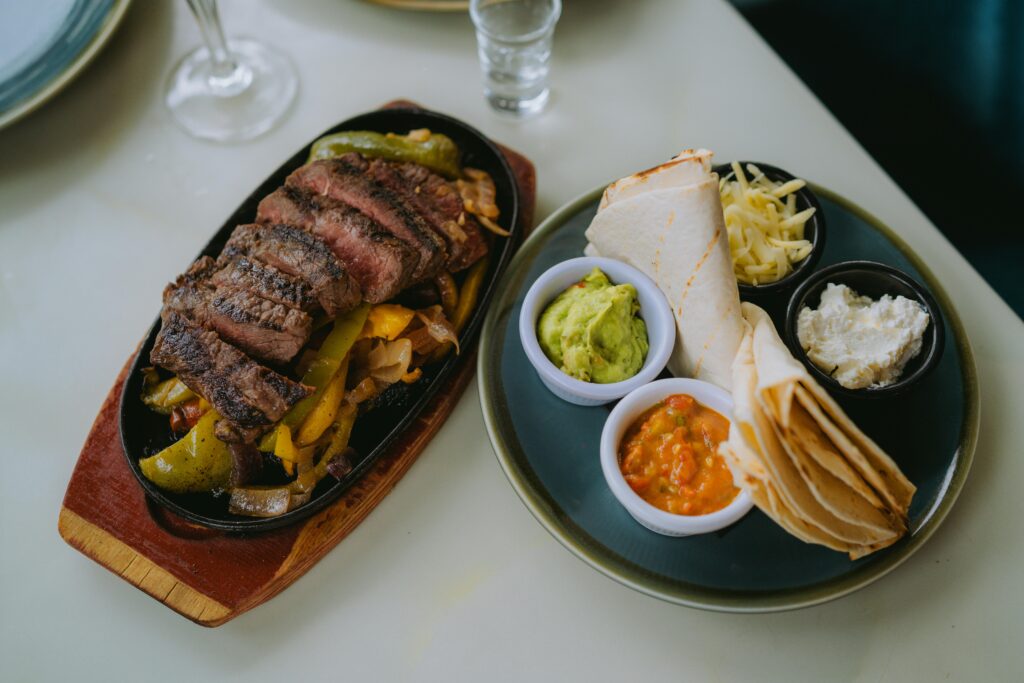
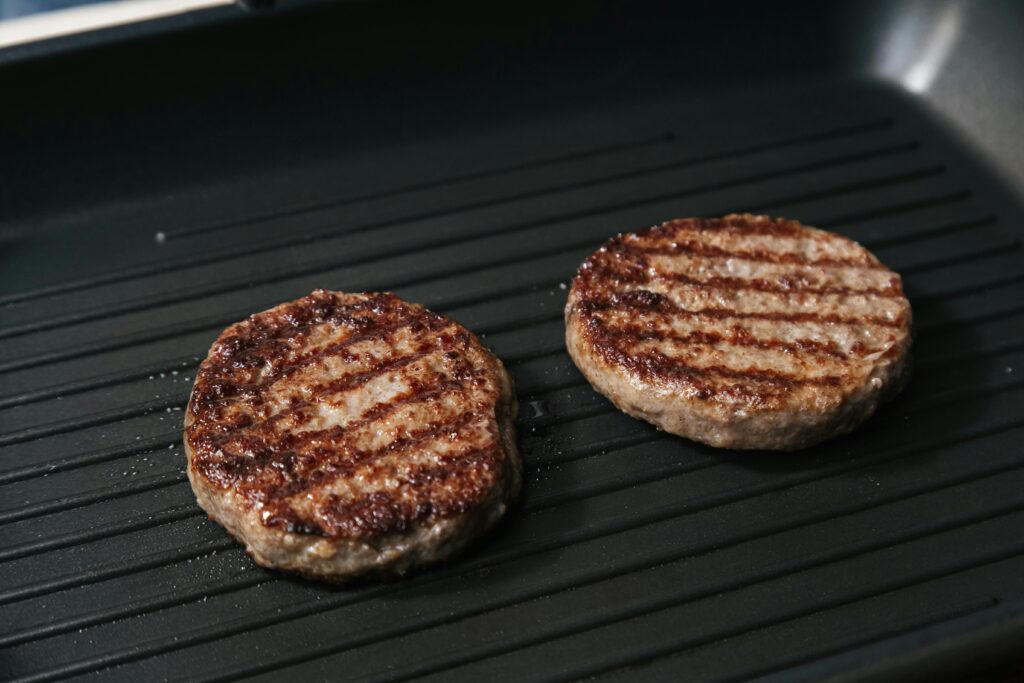
4. Crispy Texture
If you love the crunch of fried foods, you’ll be pleased to know that air fryers can provide that satisfying texture without the excess oil. Enjoy crispy fries, chicken wings, and more, all made with less fat. One of the biggest advantages of using an air fryer is its ability to create a crispy, golden texture without the need for deep frying. By circulating hot air around the food, the air fryer delivers that satisfying crunch on the outside while keeping the inside tender and juicy. Whether you’re making fries, chicken wings, or vegetables, the air fryer gives you that perfect crispiness with significantly less oil, making it a healthier yet equally delicious alternative to traditional frying.
5. Easy Cleanup
Most air fryers come with dishwasher-safe parts, making cleanup a breeze compared to traditional frying methods that can leave your kitchen messy. Air fryers make post-cooking cleanup a breeze. Most models come with non-stick, removable baskets or trays that are easy to wash, often being dishwasher-safe. Because air fryers require little to no oil, they avoid the greasy mess that comes with traditional frying methods. The simple design and minimal splatter make air fryers a convenient choice for busy cooks who want to enjoy quick, delicious meals without the hassle of extensive cleaning afterward.
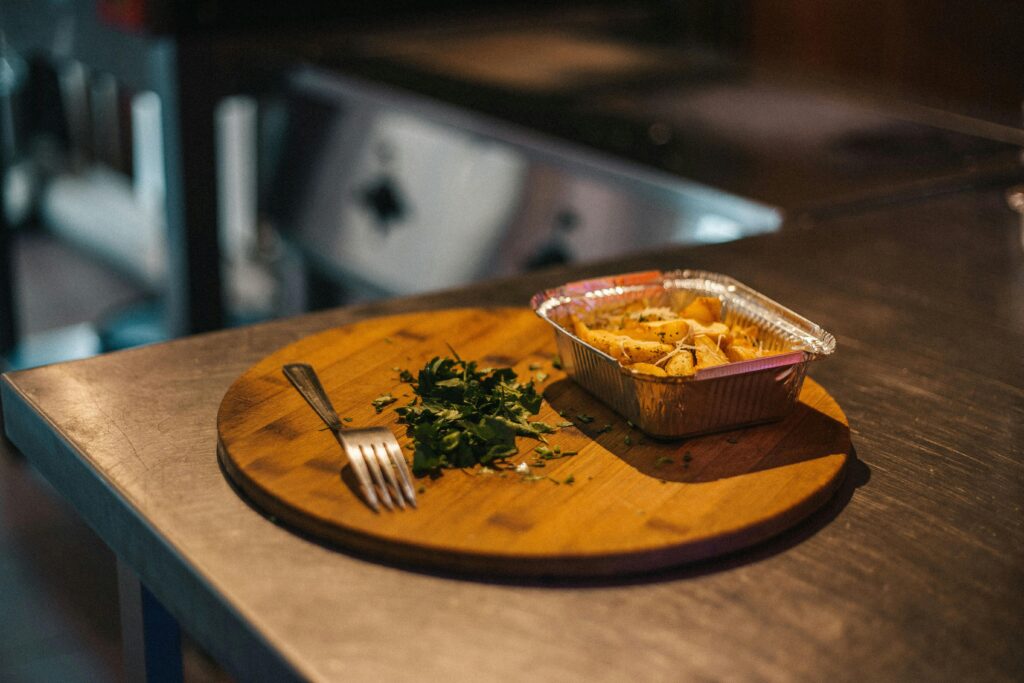
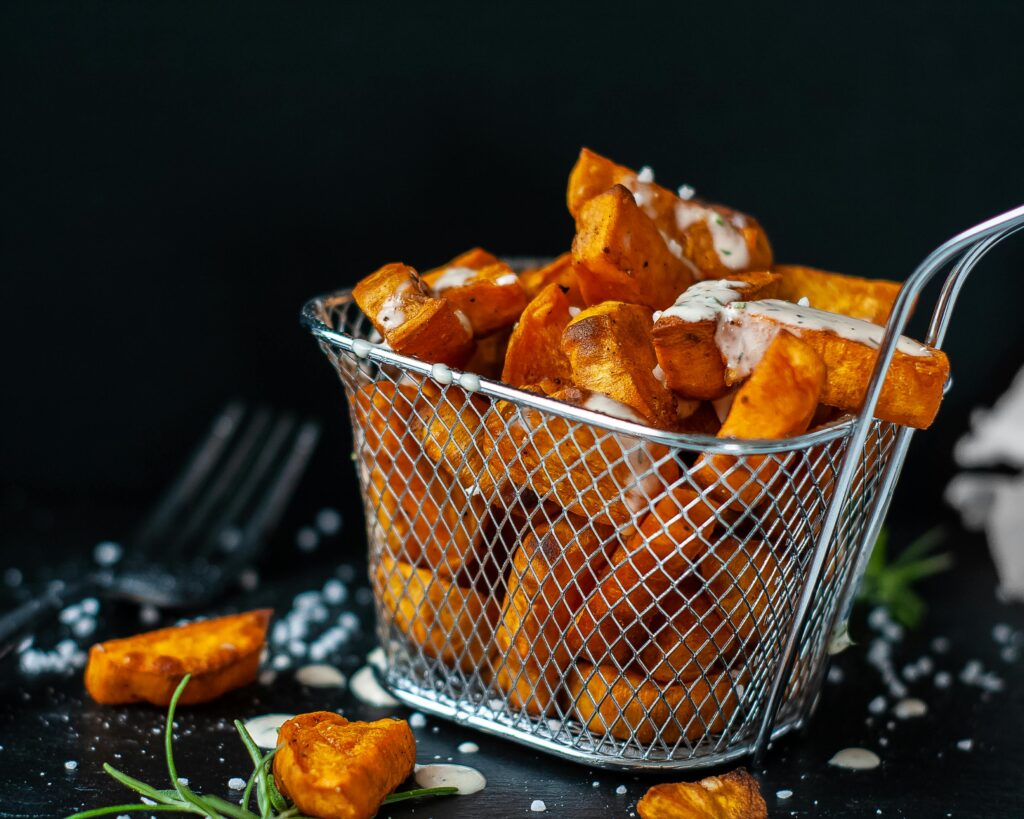
6. Energy Efficient
Using an air fryer can be more energy-efficient than heating up a large oven, especially for smaller meals. This can save you money on your energy bill over time. Air fryers are highly energy-efficient compared to traditional ovens or deep fryers. They cook food faster, using rapid hot air circulation, which reduces cooking time and lowers overall energy consumption. Since they preheat quickly and use less power, air fryers help save electricity while still delivering delicious, crispy meals. This efficiency makes air fryers a great choice for those looking to reduce energy use in the kitchen without sacrificing cooking performance.
7. Compact Size
Air fryers are often compact and can easily fit on your countertop or in your kitchen cabinet. This makes them an excellent choice for those with limited kitchen space. Air fryers are designed with a compact, space-saving size, making them ideal for kitchens of all sizes. Their small footprint allows them to fit easily on countertops or be stored away when not in use, without taking up too much space. Despite their compact size, air fryers are capable of cooking a wide variety of meals, making them a practical choice for small apartments, dorms, or any kitchen where space is limited. This portability and convenience make air fryers a versatile appliance for any home.

Cons of Using an Air Fryer
1. Limited Capacity
While air fryers are great for small meals, their cooking capacity can be a drawback for larger families or gatherings. You may need to cook in batches, which can be time-consuming. One drawback of air fryers is their limited cooking capacity. Most models have relatively small baskets, making it challenging to cook large quantities of food at once. This can be inconvenient for families or when preparing meals for gatherings, as you may need to cook in batches, which extends the overall cooking time. While air fryers are excellent for small portions or single servings, their capacity may not be ideal for larger households or those looking to prepare big meals in one go.

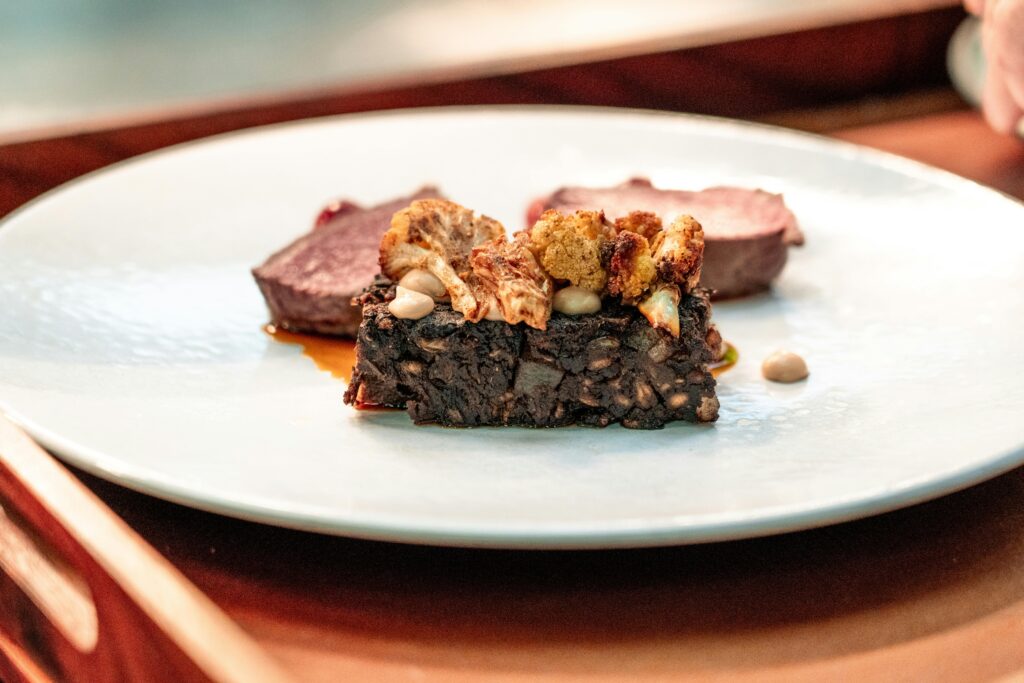
2. Texture Differences
Although air fryers mimic the frying process, some users find that the texture doesn’t quite match that of traditional frying. If you’re a stickler for that classic crunch, you may notice the difference. While air fryers can create crispy textures, they may not fully replicate the deep-fried texture that some dishes are known for. Foods cooked in an air fryer may lack the same rich, golden crunch and juiciness that traditional deep frying provides. Items like battered or heavily breaded foods may turn out drier or less crisp compared to their fried counterparts. This texture difference can be noticeable, especially for those who are accustomed to the taste and feel of traditional frying methods.
3. Learning Curve
Adjusting to an air fryer can take some time. You may need to experiment with cooking times and temperatures, as they can vary significantly from conventional ovens. Using an air fryer may come with a learning curve for some users. Since air fryers operate differently than traditional ovens or stovetops, figuring out the right cooking times and temperatures can take some experimentation. Different models may have varying features, and not all recipes translate perfectly to air frying. Additionally, understanding how to achieve the desired texture and doneness while preventing overcooking can require practice. This initial adjustment period might be frustrating for those who expect immediate results without prior knowledge of the appliance’s nuances.
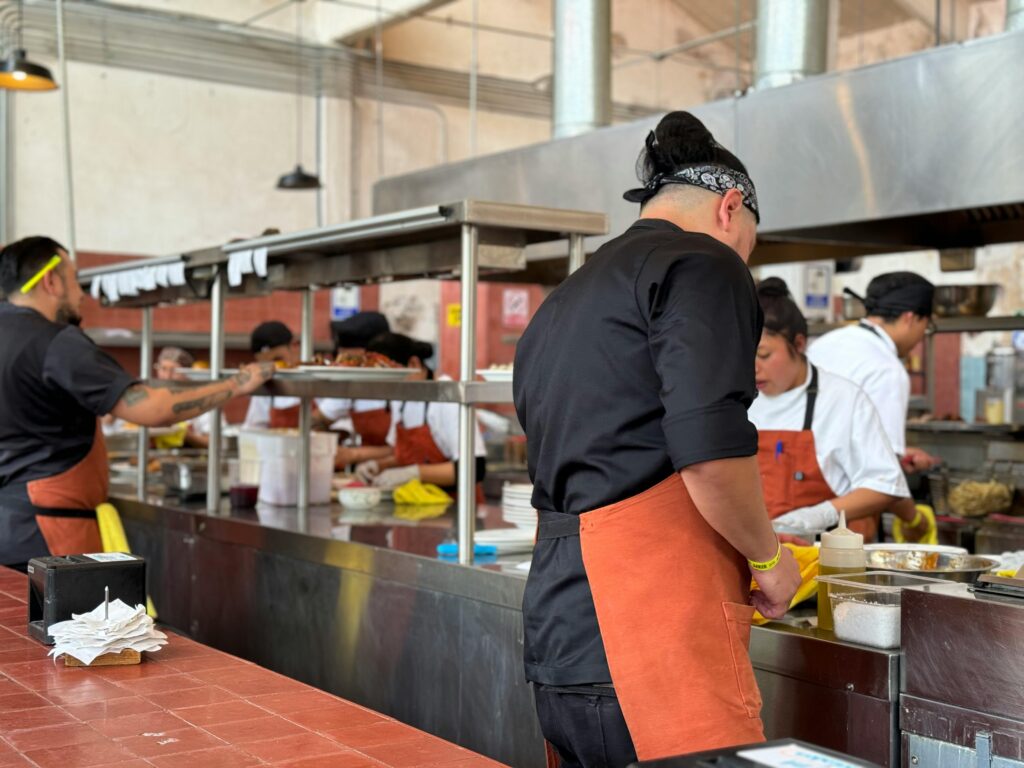
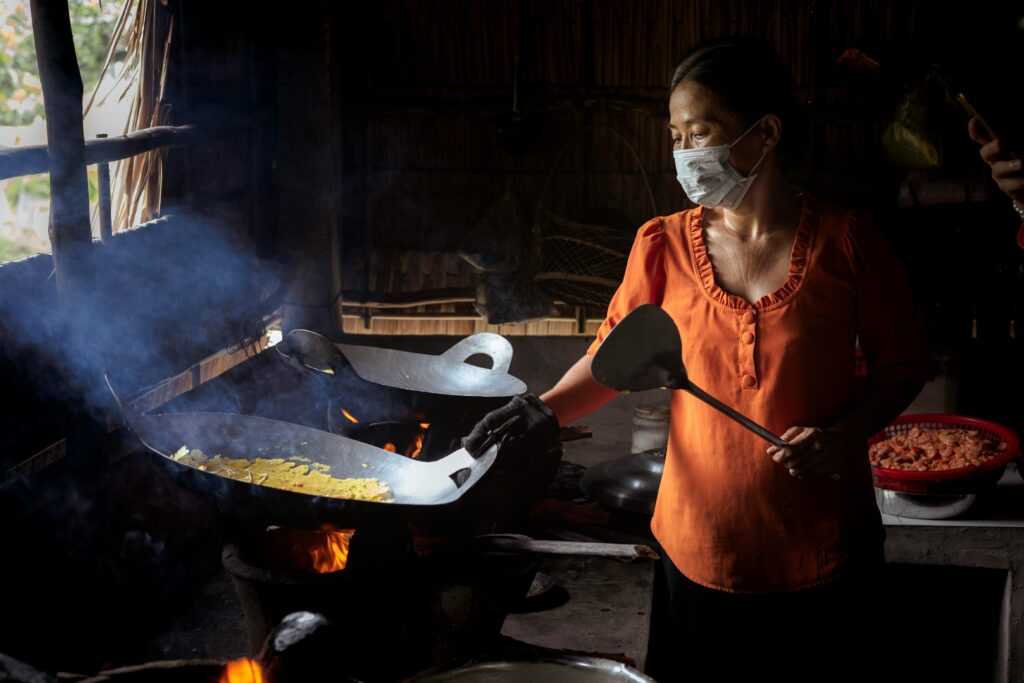
4. Cost
Air fryers can be more expensive than traditional cooking appliances. While they can save you money in the long run, the initial investment can be a deterrent. One significant drawback of air fryers is their cost, which can vary widely based on brand and features. While budget models can be found for as low as $30, higher-quality air fryers often range from $60 to $300 or more. This price range may be a barrier for some consumers, especially those who are unsure if they will use the appliance frequently enough to justify the investment. Additionally, the upfront cost may not include accessories or additional features, which could further increase the overall expense.
5. Noise Level
Some air fryer models can be quite noisy during operation, which might be disruptive if you’re used to a quieter cooking environment. Another potential downside of using an air fryer is the noise level during operation. Many air fryers produce a noticeable fan noise while cooking, which can be distracting in a quiet kitchen environment. While the sound is generally not excessively loud, it may be bothersome to some users, especially during longer cooking times. This noise can also make it difficult to carry on conversations or enjoy a peaceful cooking experience, particularly in smaller spaces where the appliance is used frequently.
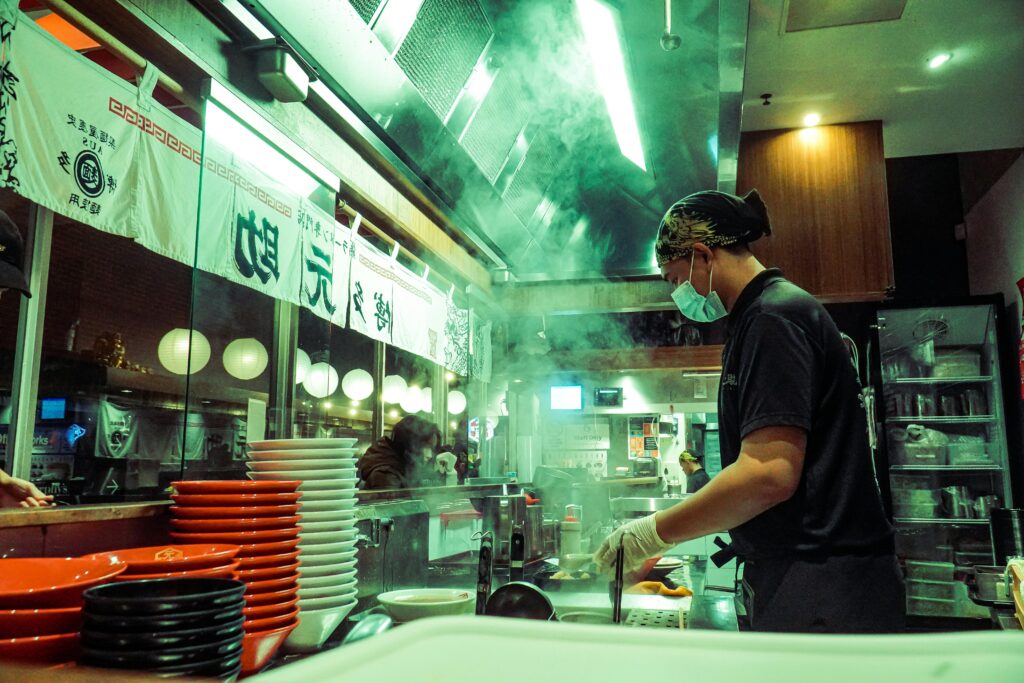
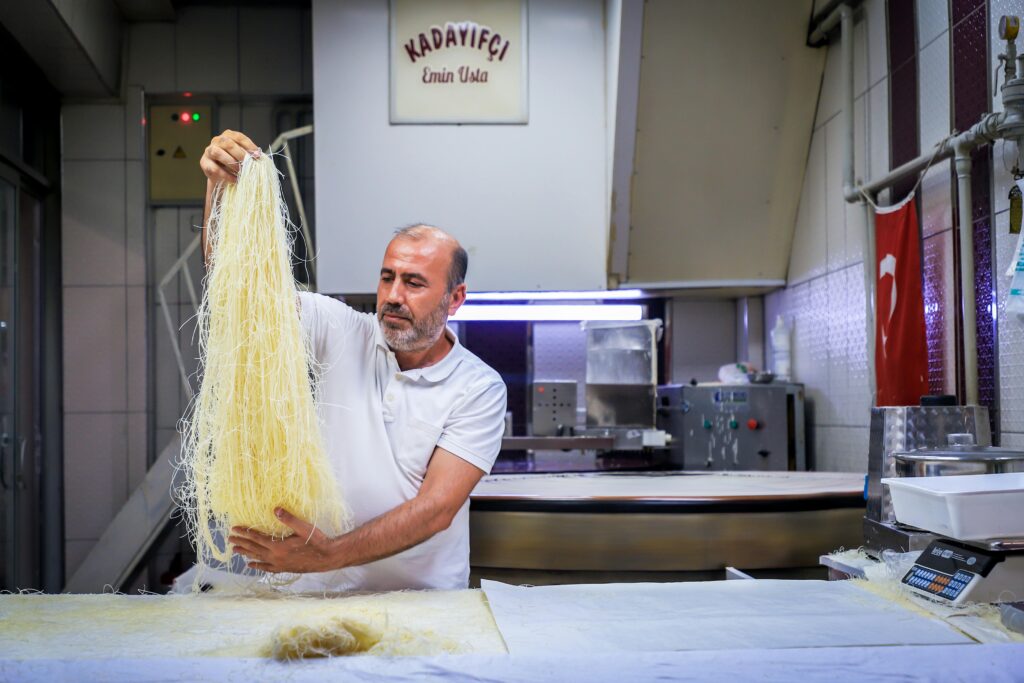
6. Potential for Overcooking
Due to their smaller cooking spaces, foods can sometimes cook unevenly. Monitoring your food closely is essential to prevent overcooking. A common con of using an air fryer is the potential for overcooking food if not monitored closely. The rapid cooking process can lead to quick browning and crisping, making it easy to go from perfectly cooked to burnt in a short amount of time. This is especially true for smaller or thinner items, which may require careful attention to cooking times. For those new to air frying, this can result in frustrating trial-and-error experiences as they learn the ideal times and temperatures for different foods.
7. Not Suitable for All Foods
Certain foods, especially those with wet batters, may not fare well in an air fryer. It’s important to consider whether your favorite recipes will adapt well to this cooking method. Air fryers may not be suitable for all types of foods. Certain dishes that require a wet batter or delicate textures, such as traditional fried chicken or foods with heavy sauces, may not cook well in an air fryer. Additionally, foods that need to be cooked in a liquid, like soups or stews, cannot be prepared in an air fryer. Some users may find that specific recipes do not yield the desired results, limiting the variety of dishes they can effectively prepare. This can be a drawback for those looking for an all-in-one cooking solution.
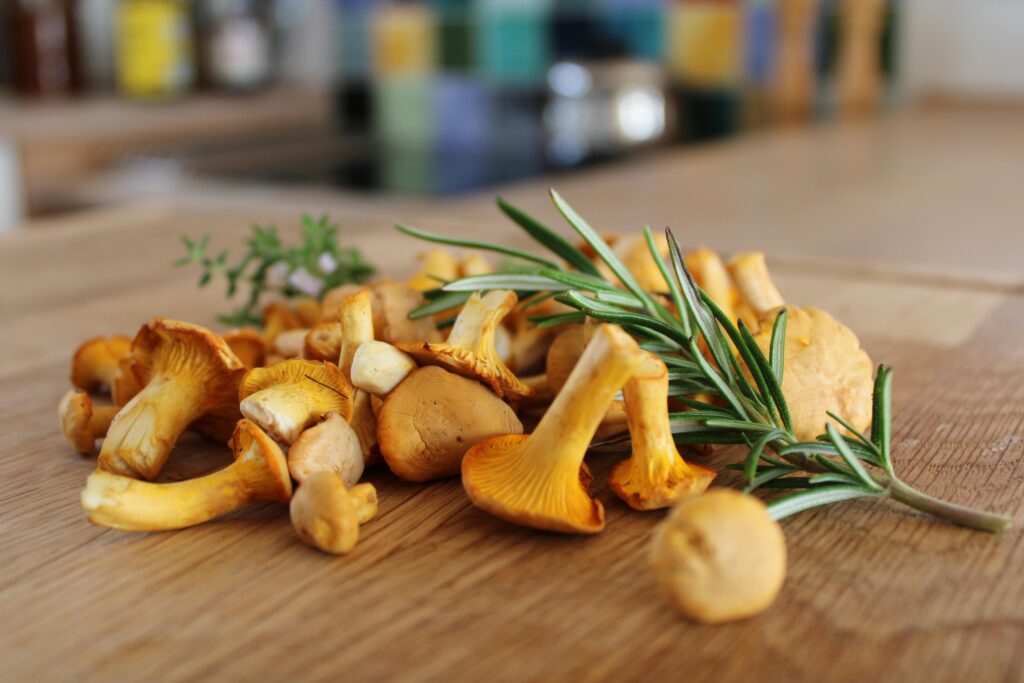
Conclusion
Air fryers can be a fantastic addition to your kitchen, offering healthier cooking options and convenience. However, they may not be the perfect fit for everyone. By weighing the pros and cons, you can make an informed decision about whether an air fryer is right for you. Happy cooking!
Affiliate Disclosure:
Please note that this blog contains affiliate links. This means that if you click on one of the product links and make a purchase, we may receive a small commission at no additional cost to you. These commissions help support the content and maintenance of our site, ensuring that we continue to provide valuable recommendations and information. Rest assured, we only recommend products and services that we believe in and trust. Thank you for your support!
